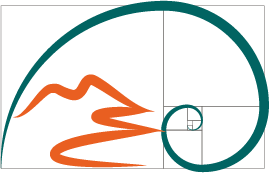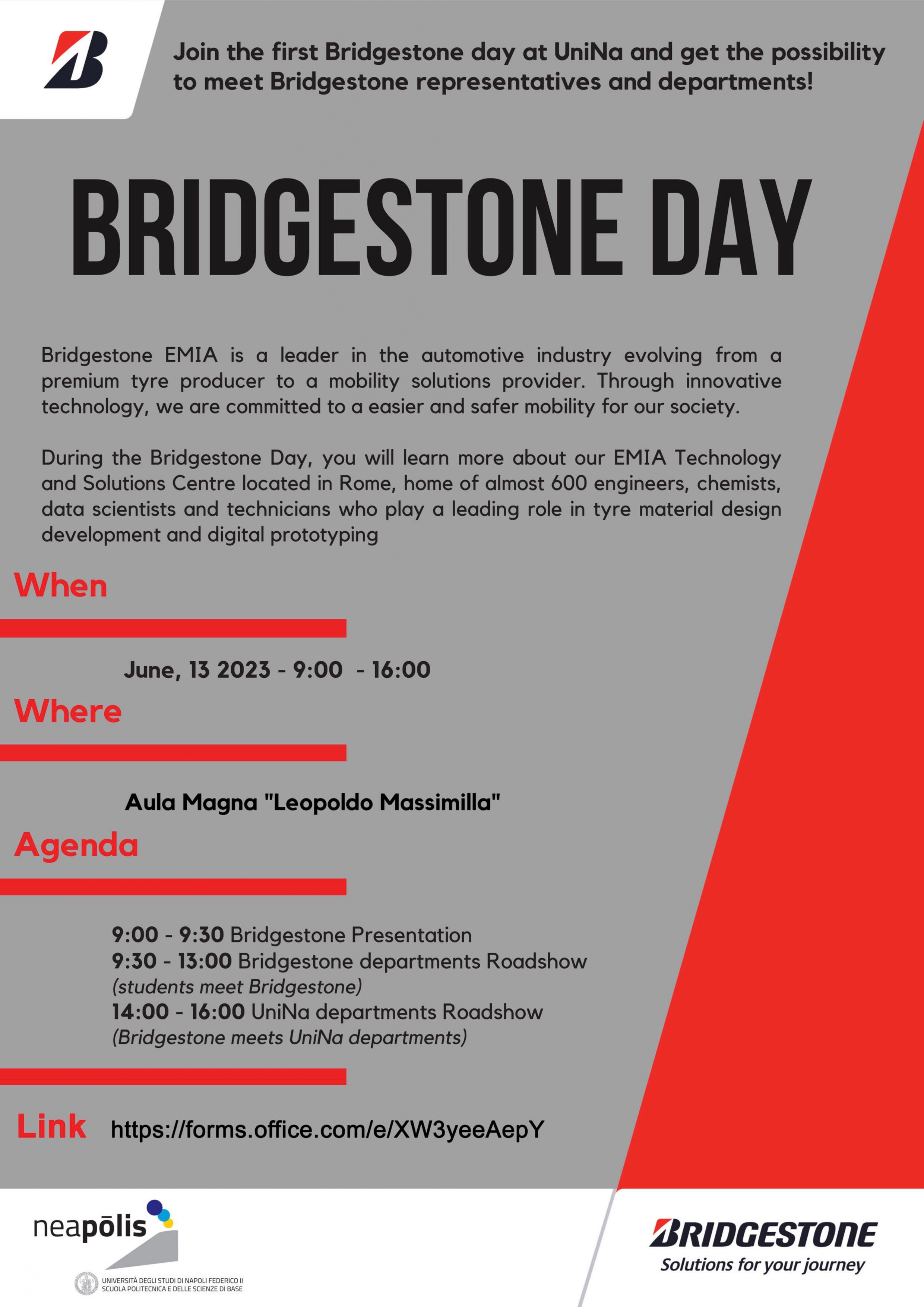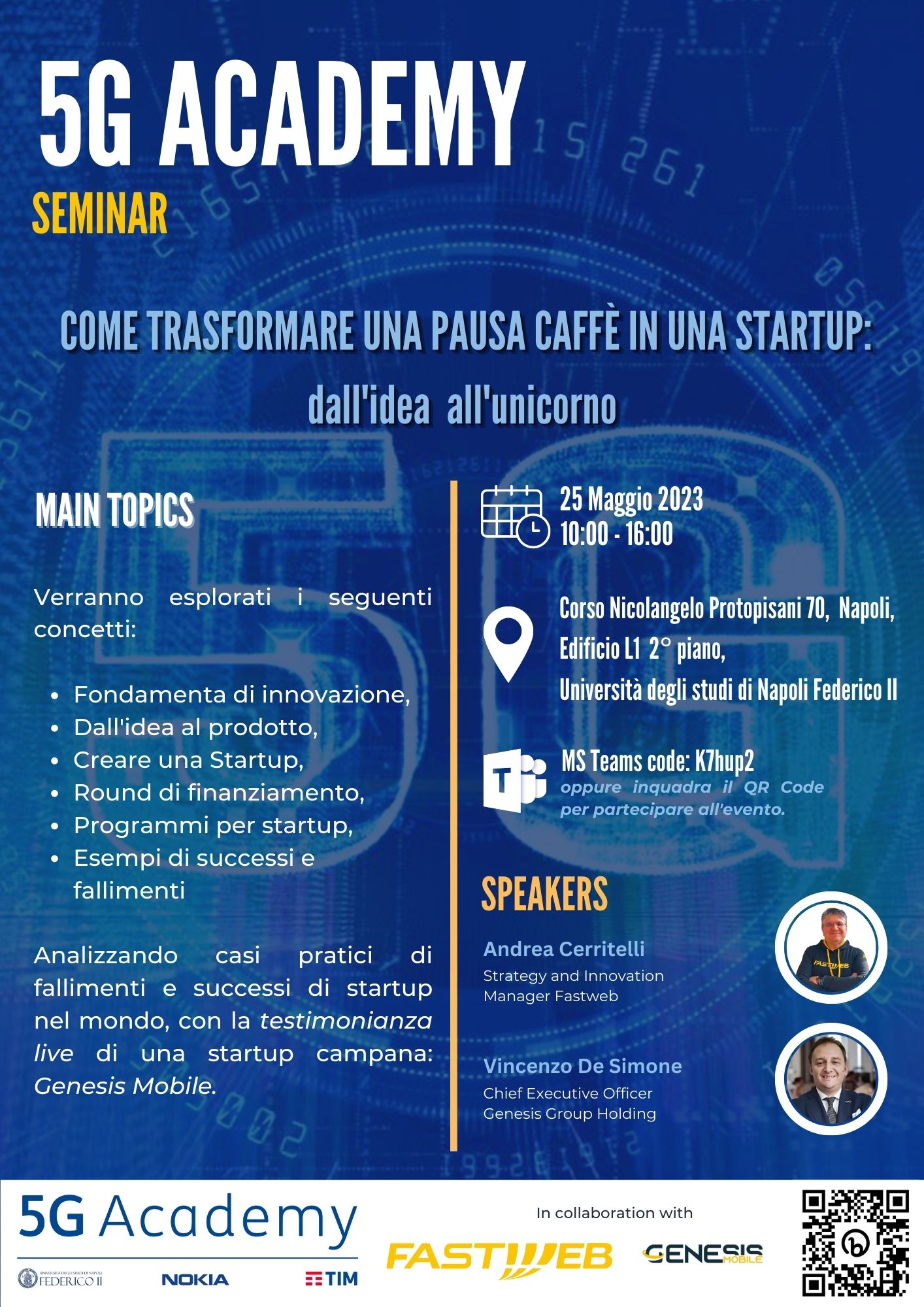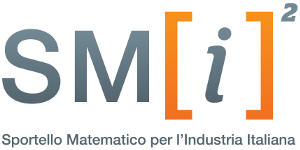PROGETTO TIROCINI 2022-23
TERZO CICLO DI SEMINARI
Continua il ciclo di seminari organizzato nell'ambito di “Progetto Tirocini 2022-23”, che riunisce i sette progetti finanziati dal Bando competitivo promosso dalla Regionale Campania per finanziare “Percorsi di Formazione Volti all'Orientamento alle Professioni – Tirocini Curriculari” a valere sul POR Campania FSE 2014-2020 – Asse III Obiettivo Specifico 14 - Azione 10.4.7.
I Progetti, proposti dalle quattro Scuole dell’Ateneo federiciano, con l’Università del Sannio, prevedono partenariati con gli Ordini professionali e con Partner Aziendali e sono destinati agli studenti dei Corsi di Studio Triennale e Magistrale delle quattro Scuole dell’Ateneo federiciano e dell’Università del Sannio.
Il 22 marzo 2023 alle ore 12:00 avrà luogo l’incontro sul tema:
“DIGITAL REPUTATION E CANALI SOCIAL PER LA PROFESSIONE”
in simultanea presso:
- AULA MAGNA del CESTEV- Centro di servizio di Ateneo per le Scienze e Tecnologie per la Vita, Via Tommaso De Amicis n. 95, Napoli;
- DIPARTIMENTO DI SCIENZE SOCIALI, AULA 2 – II° piano, Vico Monte della Pietà n. 1 (su via S.Biagio dei librai), scala B, Napoli;
- DIPARTIMENTO DI STRUTTURE PER L'INGEGNERIA E L'ARCHITETTURA, AULA MULTIMEDIALE, Via Claudio n.21, Edificio 7, I° piano, Napoli;
Interverranno
- il Prof. Pasquale Arpaia, Direttore CIRMIS e Responsabile di Ateneo “Progetto Tirocini”,
- la Prof.ssa Maria Triassi, Presidente della Scuola di Medicina e Chirurgia Università Federico II,
- la Prof.ssa Giulia Frisso, Coordinatore del Progetto “Le Professioni Sanitarie nella salute globale dell’uomo”,
- il Dott. Nunzio Francesco Ascolese, Presidente Ordine TSRM PSTRP di Napoli, Avellino, Benevento e Caserta
- la Prof.ssa Teresa Rea, Presidente Ordine delle Professioni Infermieristiche di Napoli.
Relatori
- il Dott. Alessandro Ferrario, Academic Partnership Project Manager - the Adecco Group
- la Dott.ssa Antonella Gentile, People Advisor Adecco
La partecipazione al seminario prevede il rilascio di un attestato di partecipazione. Si invitano i Coordinatori a valutare la possibilità di riconoscere agli studenti CFU, qualora il regolamento del corso di studi lo consenta.
L’evento promosso è il terzo di un ciclo di quattro incontri aperto a tutti gli studenti dei Corsi di Studio, Triennale e Magistrale, delle quattro Scuole dell’Ateneo federiciano.
Il numero di CFU da assegnare in relazione al numero di seminari seguiti è a discrezione del Coordinatore. Gli organizzatori potranno fornire la lista dei partecipanti, ai coordinatori che ne faranno richiesta, per utile riscontro dei certificati che potranno mostrare gli studenti, in fase di valutazione dell’assegnazione dei CFU.
Per partecipare a questo evento e poter ricevere l’attestato, indipendentemente dal riconoscimento dei CFU, lo studente dovrà registrarsi all’indirizzo: urly.it/3t1zy
 AVVISO_SEMINARIO_22-mar.pdf
AVVISO_SEMINARIO_22-mar.pdf
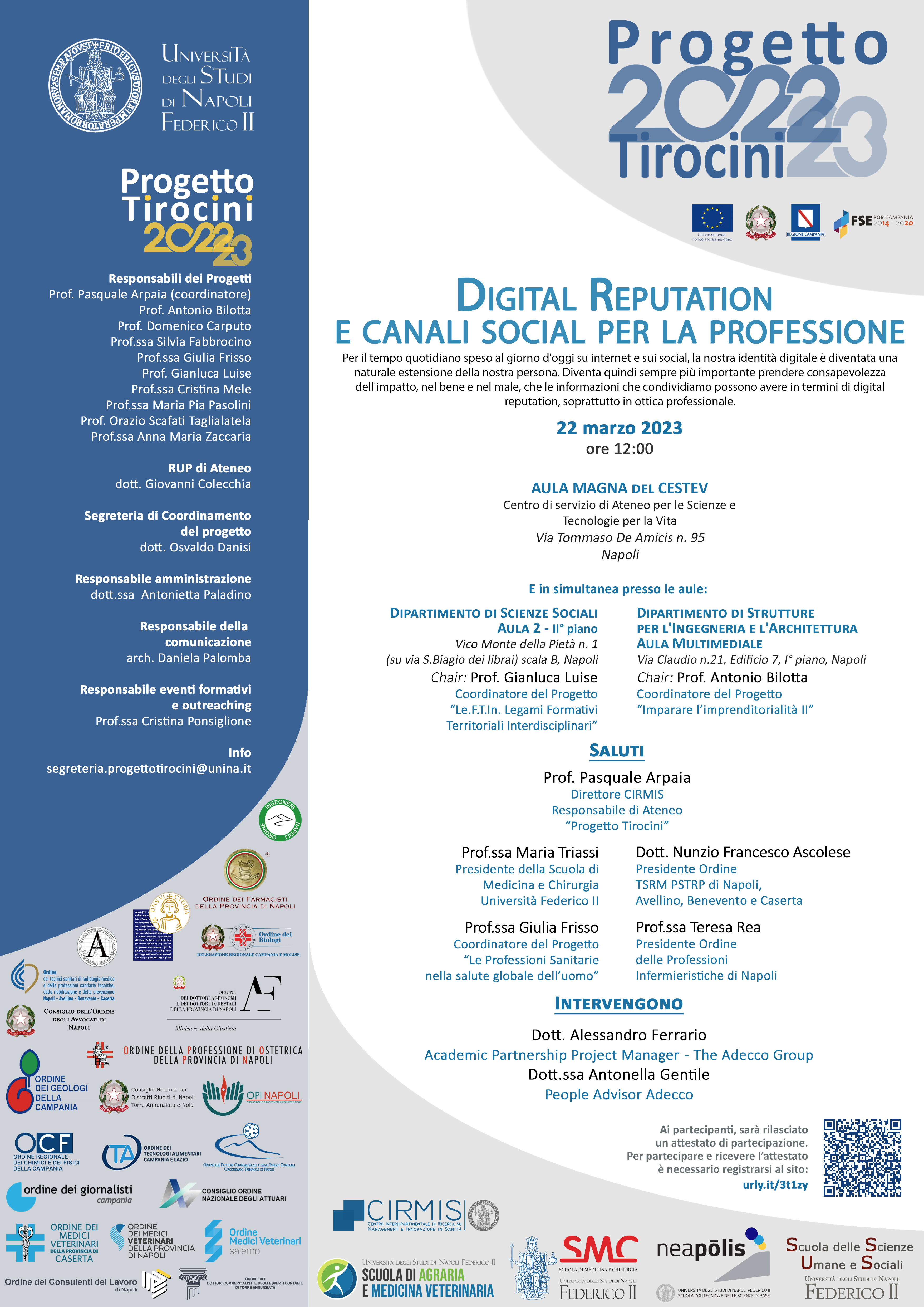
================================================================================================



